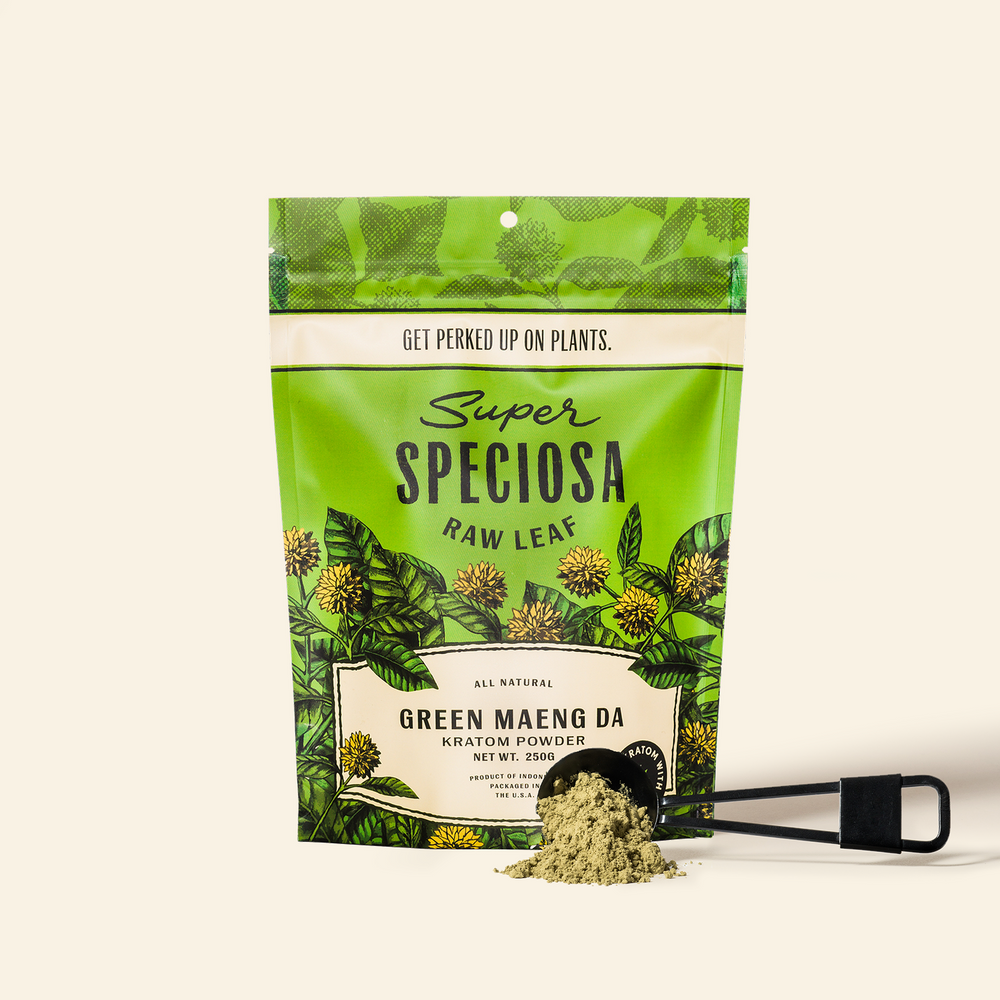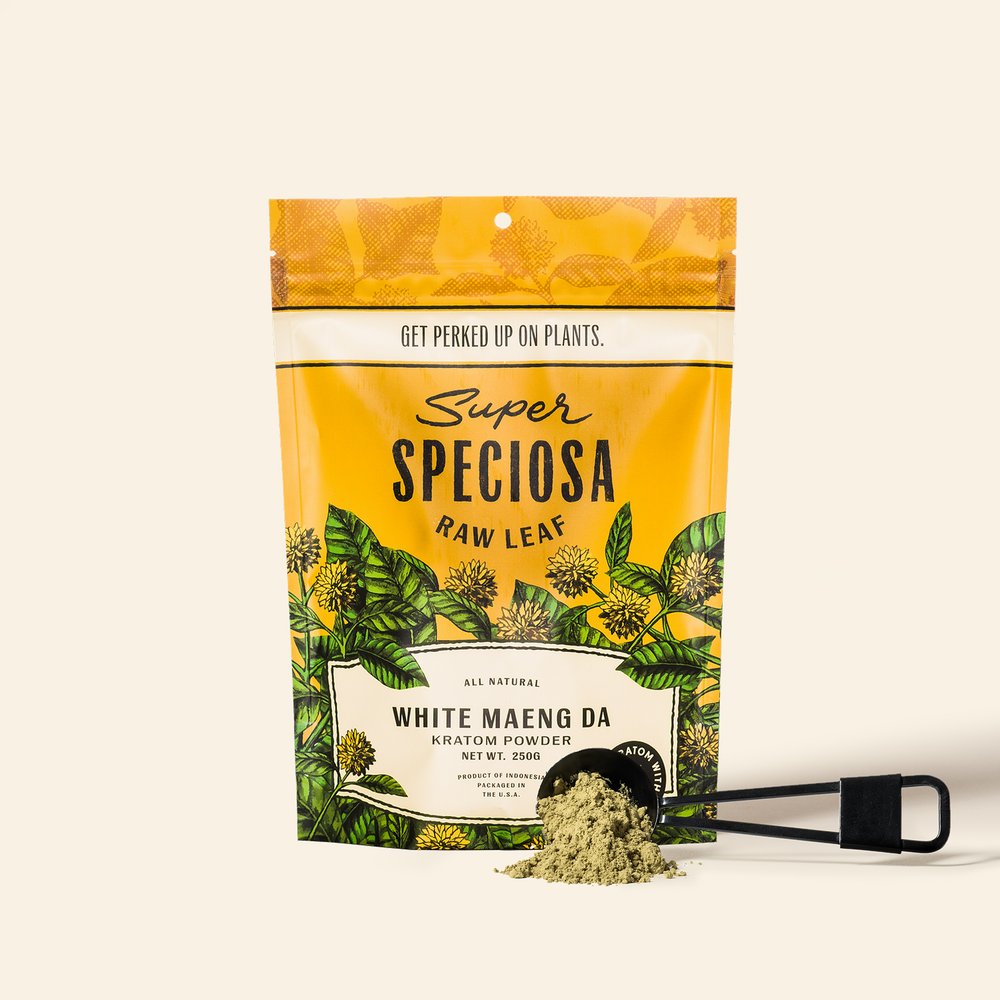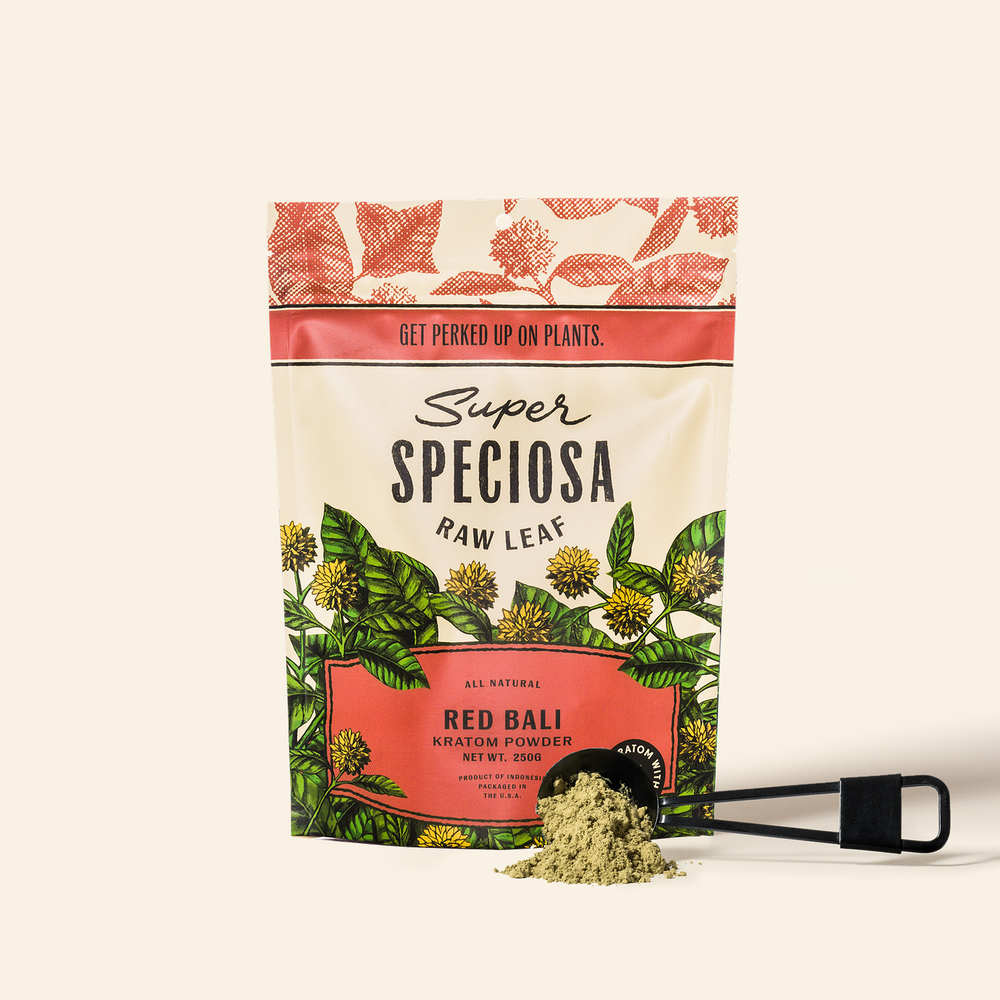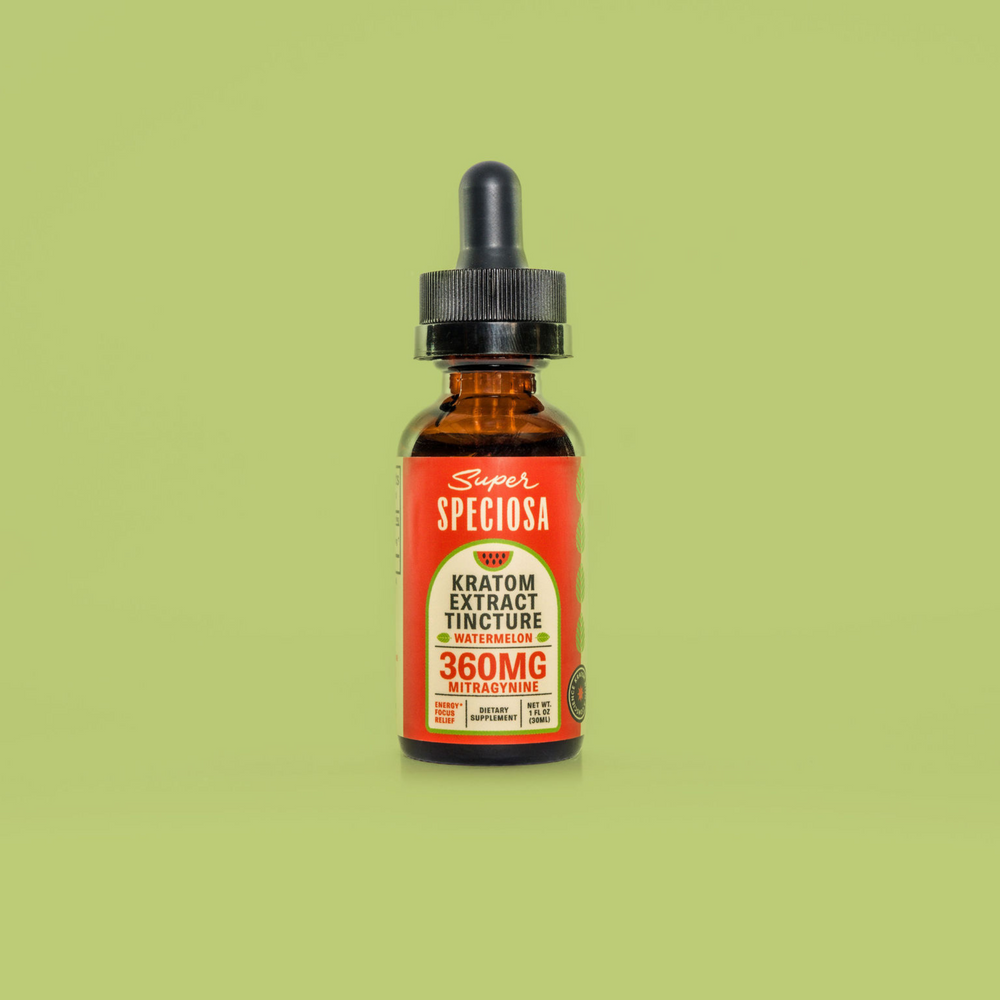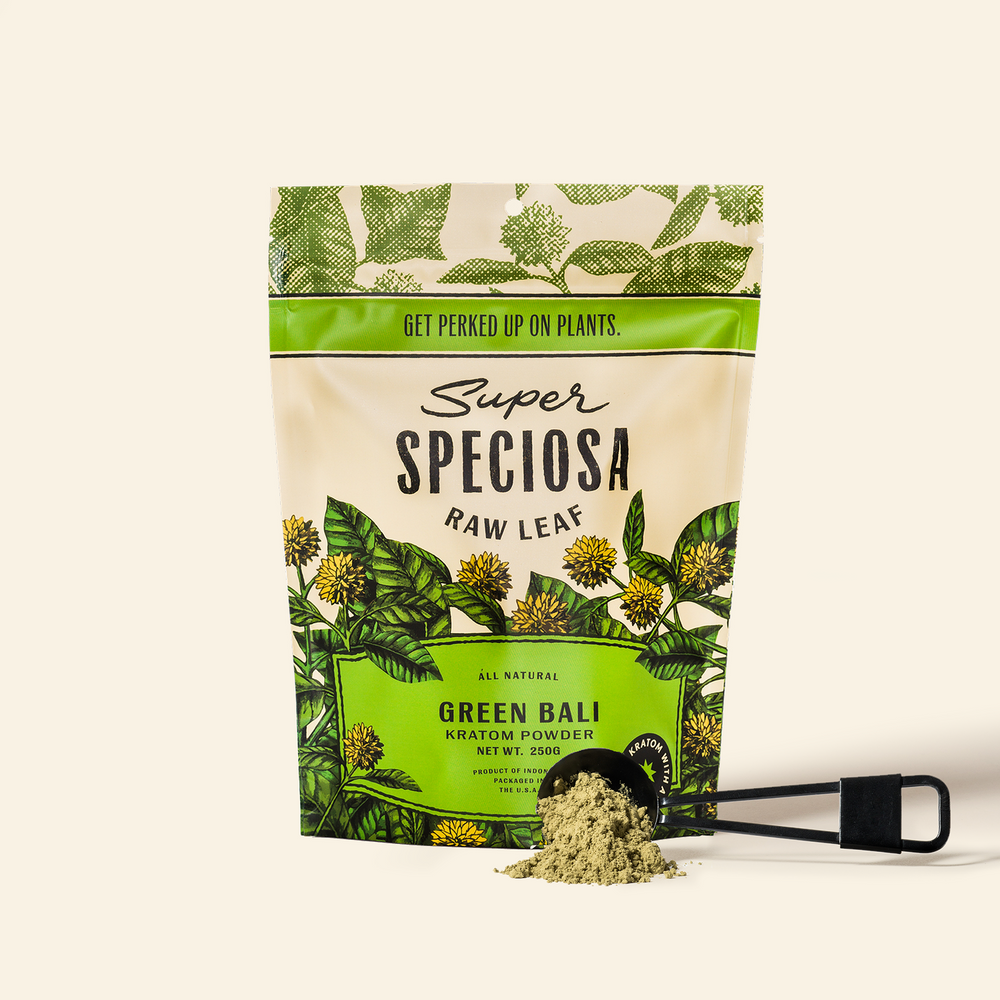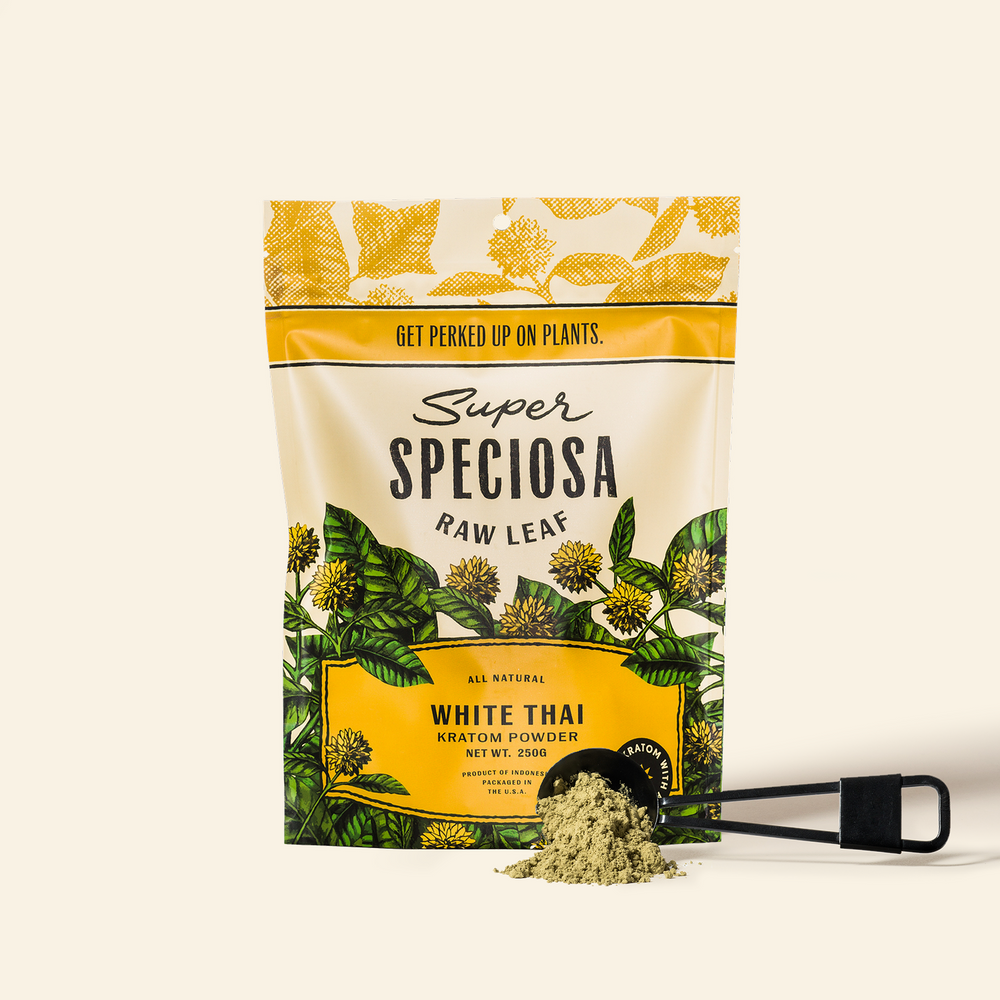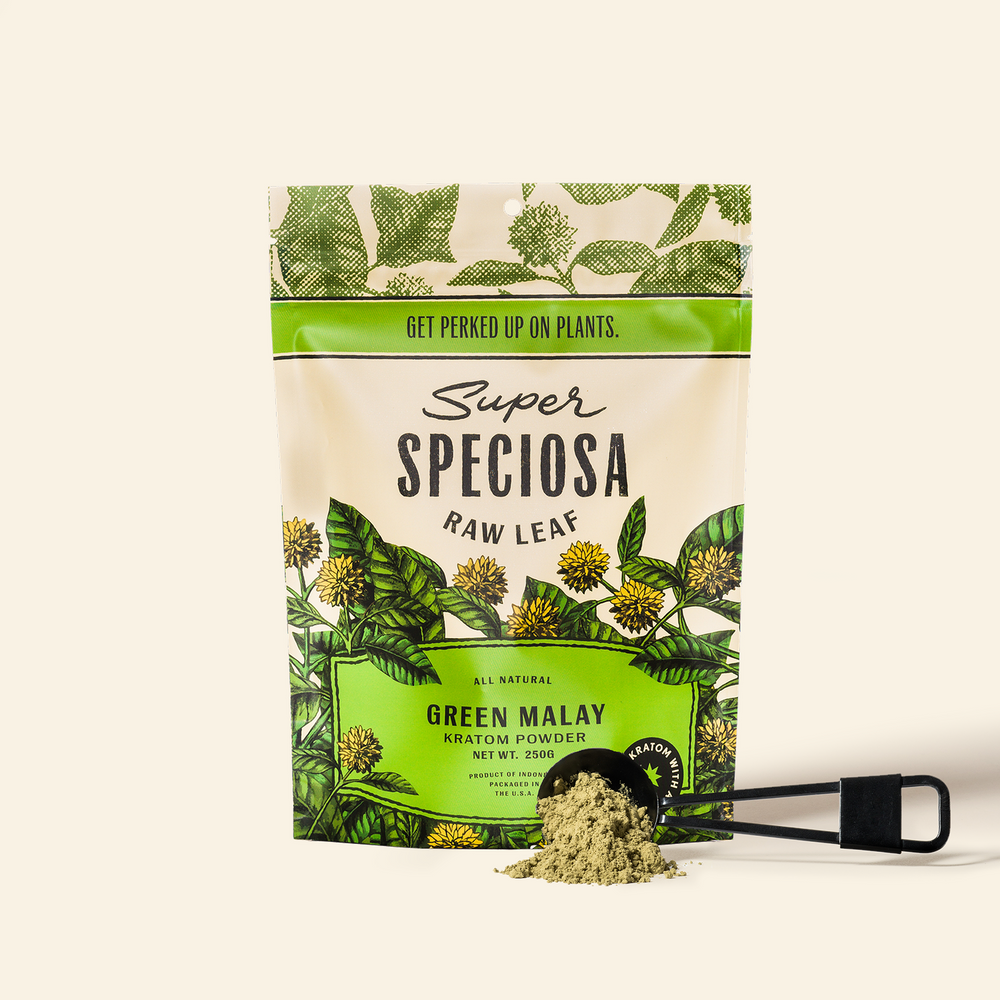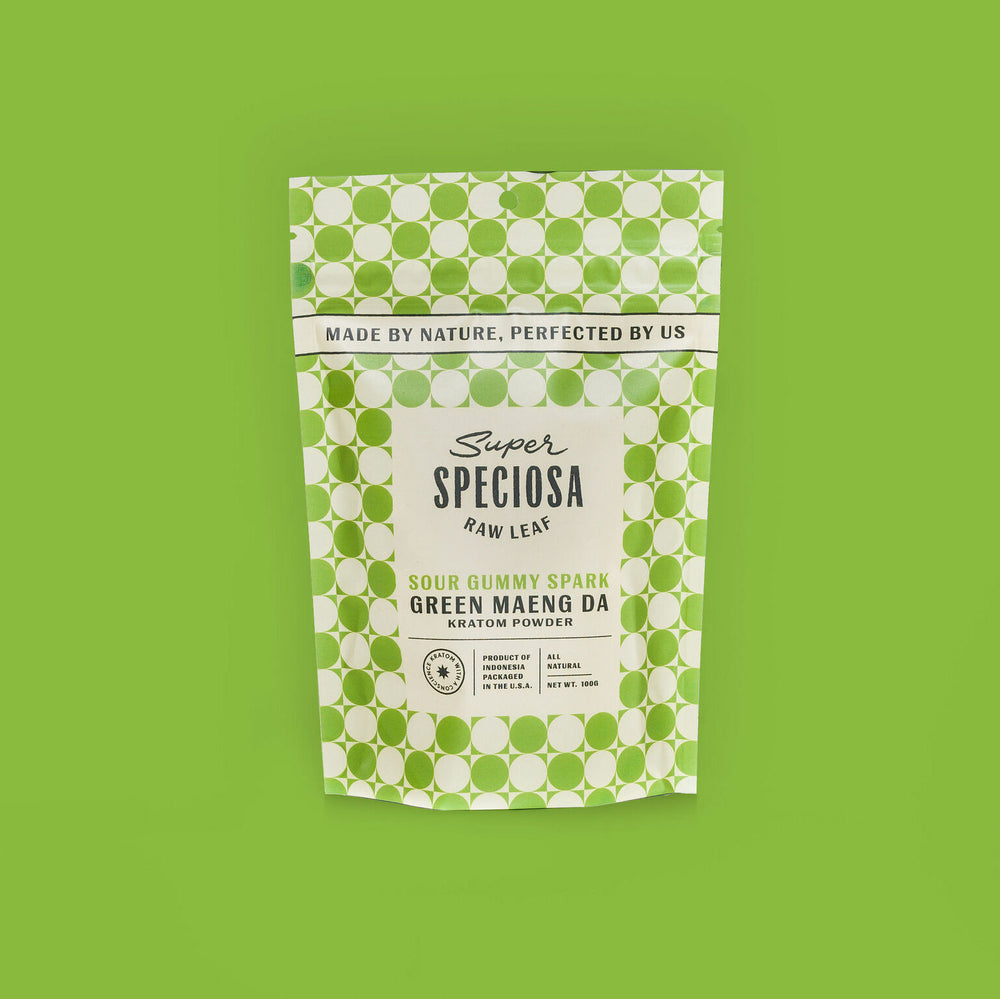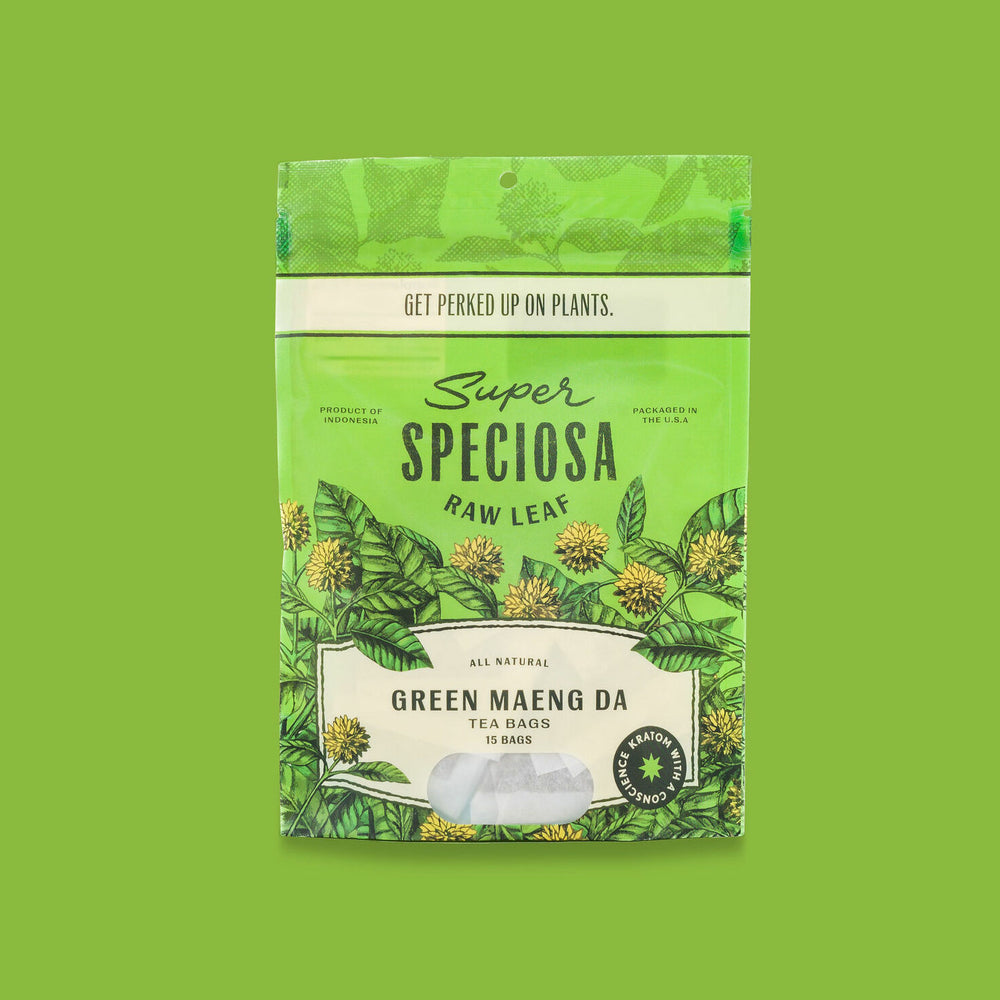Louisiana's New Kratom Policy: The Age Restriction Compromise
LOUISIANA'S NEW KRATOM POLICY: THE AGE RESTRICTION COMPROMISE

A solution without satisfaction came to the Louisiana legislature this month as a back-and-forth over kratom policy came to an end with a compromise bill becoming law. This law bans the sale and distribution of kratom to anyone under 21.
Three bills were introduced in Louisiana’s state legislature this session and created a back-and-forth between regulating and banning the plant. The back-and-forth came to a screeching halt last week with the passage of the one bill that originated in the senate. The only issue is that the bill that passed is far from any of those that were proposed, leaving the door open to revisit this issue in the future.
The bill that became law is SB94, introduced by state Sen. Caleb Kleinpeter, however, it was the debate in the House that ultimately settled the kratom policy in Louisiana.
Opposing bills were introduced in the state’s House of Representatives at the beginning of the session, in addition to Kleinpeter’s bill in the Senate, which was originally designed to immediately add kratom to Schedule I. That was in line with the bill introduced by Rep. Gabe Firment, who was first up to have a hearing on the matter.
Both Firment and Kleinpeter represented the position of a handful of local parishes, who had voted to ban kratom sales in their local jurisdictions. At the hearing for Firment’s bill, a member of local law enforcement joined the representative, and helped paint the picture of a substance they felt needed to be limited.
That position immediately received pushback from the Committee on Administration of Criminal Justice, as some members said they were not hearing any of the same concerns over kratom, and wondered aloud if this action was too restrictive.
During that hearing, Firment went as far as to say he was unwilling to work with Rep. Jonathan Goudeau, who had introduced a bill to regulate kratom, with Firment directly stating anything short of a ban would not receive his support. That bill made it out of committee by a vote of 8-7, yet ultimately stalled before making it out of the House.
Goudeau’s bill also received a hearing, where he reiterated the stance he established during the proceedings for Firment’s bill: Banning kratom would create a dangerous black market, and Goudeau felt the best approach was to set regulations. When Goudeau received pushback, he worked with other representatives to add amendments to his bill, before eventually introducing a substitute bill to address details such as the age limit and wording around testing requirements.
The compromise bill sponsored by Goudeau was reported positive out of committee by a vote of 12-4. Following a third reading on the House floor, the bill passed by a vote of 80-16.
Then, everything changed in a House committee.
Kleinpeter’s bill was similar to Firment’s in that it scheduled kratom as Schedule I, albeit by a different mechanism. As Goudeau’s bill was working its way through the House, Kleinpeter’s proposed legislation was unanimously passed through the Senate, and made its way to the same committee that heard debate over the two bills that originated in the House.
Rather than pass the bill as is, Kleinpeter’s bill was drastically altered by amendments in that committee. The amendment, which passed unanimously, removed the language that scheduled kratom, and instead inserted an age restriction as the only limit on consumer access to kratom.
That amended version of the bill also discussed something that had been previously floated, but not included in either bill from the House. Per the changes, the bill included a “Local Option for Mitragynine Speciosa” that created a carve out for parishes and municipalities that chose to take action on kratom at the local level.
The day after Kleinpeter’s bill was amended in the House, Goudeau’s bill was amended in a Senate Judiciary Committee. Unfortunately for Goudeau, it would be Kleinpeter’s bill that was scheduled for a floor debate, while his attempt to establish a Kratom Consumer Protection Act in the state stalled out in the Senate Committee on Health and Welfare.
When Kleinpeter’s measure emerged from committee as practically a new bill, it passed through the House by a vote of 98-2, was sent back to the Senate with the changes and again passed out of the Senate by unanimous consent. The bill was signed by the officers from each chamber and sent to the Governor on the final day of the legislative session.
After Goudeau drafted a compromise bill, amended that bill six times (including amendments in both chambers), Louisiana’s version of a KCPA was never put to a floor vote in the upper chamber.
That means that after going back and forth between scheduling kratom at the state level or regulating kratom in fear of adulterated or enhanced products, only two requirements made it through the process: A required age to purchase kratom and codified protections for local decisions to ban the plant.
Regardless of whether or not Louisiana's new kratom policy receives the signature of the Governor, the proposed legislation will become law if it’s not vetoed by Aug. 1, 2023. This is the date the bill will become law, whether it is signed earlier or not.

